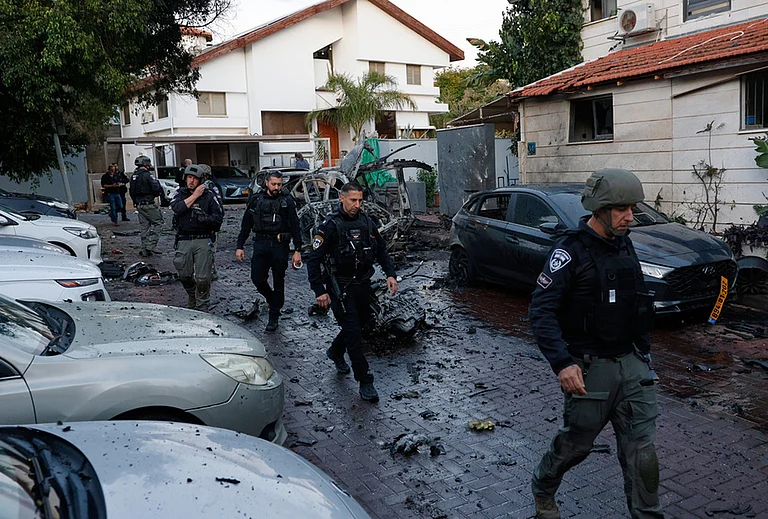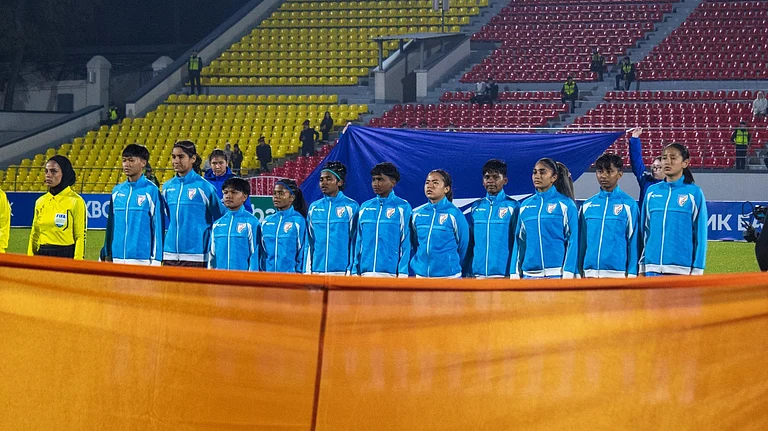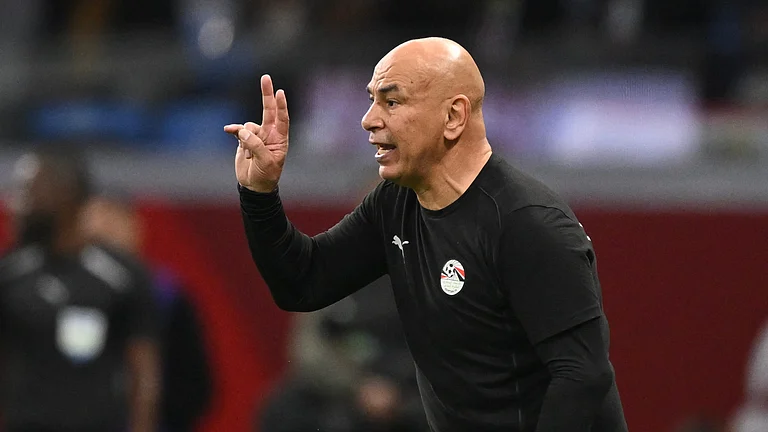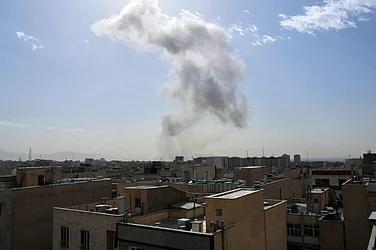Sayyed Hassan Nasrallah, the long-time leader of Hezbollah, has been confirmed dead following Israeli airstrikes on the group's underground headquarters in Beirut. The Israel Defense Forces (IDF) announced his death early Saturday after a night of speculation about his fate. Hezbollah also confirmed the news, stating that Nasrallah “had joined his fellow martyrs” and reaffirming their commitment to “continue the holy war against the enemy and in support of Palestine.”
The attacks occurred in Dahieh, a southern suburb of Beirut, and marked a significant escalation in the ongoing crisis in the Middle East. This event is likely to change the political landscape of the region, where Nasrallah was a key figure for over 30 years.
The group did not specify who would succeed him or how they plan to respond to his assassination, leaving many questions unanswered.
Iran, which supports Hezbollah, reacted strongly. Ayatollah Ali Khamenei, Iran’s supreme leader, urged Muslims to stand by Hezbollah and assist in confronting “the wicked regime [of Israel].”
Hassan Nasrallah was born in 1960 into a poor Shiite family in Lebanon. He became involved in the Amal movement before helping to establish Hezbollah in 1985. This organization was founded with the goal of opposing U.S. and Soviet influence in the region and calling for the “obliteration” of Israel, which they accused of occupying Muslim lands.
Nasrallah became Hezbollah's secretary-general in 1992 and transformed the group into one of the most powerful militant organizations in the Middle East. Under his leadership, Hezbollah expanded both militarily and politically, becoming known for its strong resistance to Israel and Western influence. The U.S. designated Hezbollah as a terrorist organization in 1997, which further complicated Nasrallah's reputation on the world stage.
So, who will lead Hezbollah next?
With the death of Hassan Nasrallah, Hezbollah now faces the challenging task of selecting a new leader. Reports suggest that Hashem Safieddine, Nasrallah's cousin and head of Hezbollah’s political affairs, may emerge as a potential successor. However, Naim Qassem, Hezbollah's deputy secretary-general, is also a significant figure in the leadership hierarchy.
Who Is Hashem Safieddine?
Hashem Safieddine survived the recent Israeli attack and has been seen as a strong candidate since the 1990s when he returned to Beirut from studies in Iran.
Born in 1964 near Tyre in South Lebanon, Safieddine has significant ties to the group’s military operations and has managed its civilian programs, including education and finance. He is also related to Qassim Soleimani, the former commander of Iran's Revolutionary Guards who was killed by the U.S. in 2020. However, Safieddine is also labelled a terrorist by the U.S., which could complicate his leadership.
Who is Naim Qassem?
Qassem, one of the few remaining members of Hezbollah’s senior leadership, was born in Kfar Kila, a village in Lebanon’s Nabatieh governorate. As one of the group's foundational religious scholars, he has been deeply involved in Shia political activism, first joining the Amal Movement before rising through Hezbollah’s ranks.
Since 1991, Qassem has served as deputy secretary-general under Abbas al-Musawi and is a member of Hezbollah's Shura Council. He is also the author of Hezbollah, the Story from Within. While many of his roles in the secretive organization remain undisclosed, Qassem is known to oversee parts of Hezbollah’s educational network and has played a pivotal role in managing the group's parliamentary activities.
Nasrallah's death is expected to increase tensions in the region significantly. The Israeli military has ramped up its forces in anticipation of possible retaliation from Hezbollah, especially along the Israel-Lebanon border. Following recent Israeli airstrikes in southern Beirut and the Bekaa Valley, Hezbollah has already launched projectiles into northern and central Israel.
The ongoing conflict has led to at least 720 deaths, according to Lebanon's health ministry, contributing to a climate of instability in the region.


























